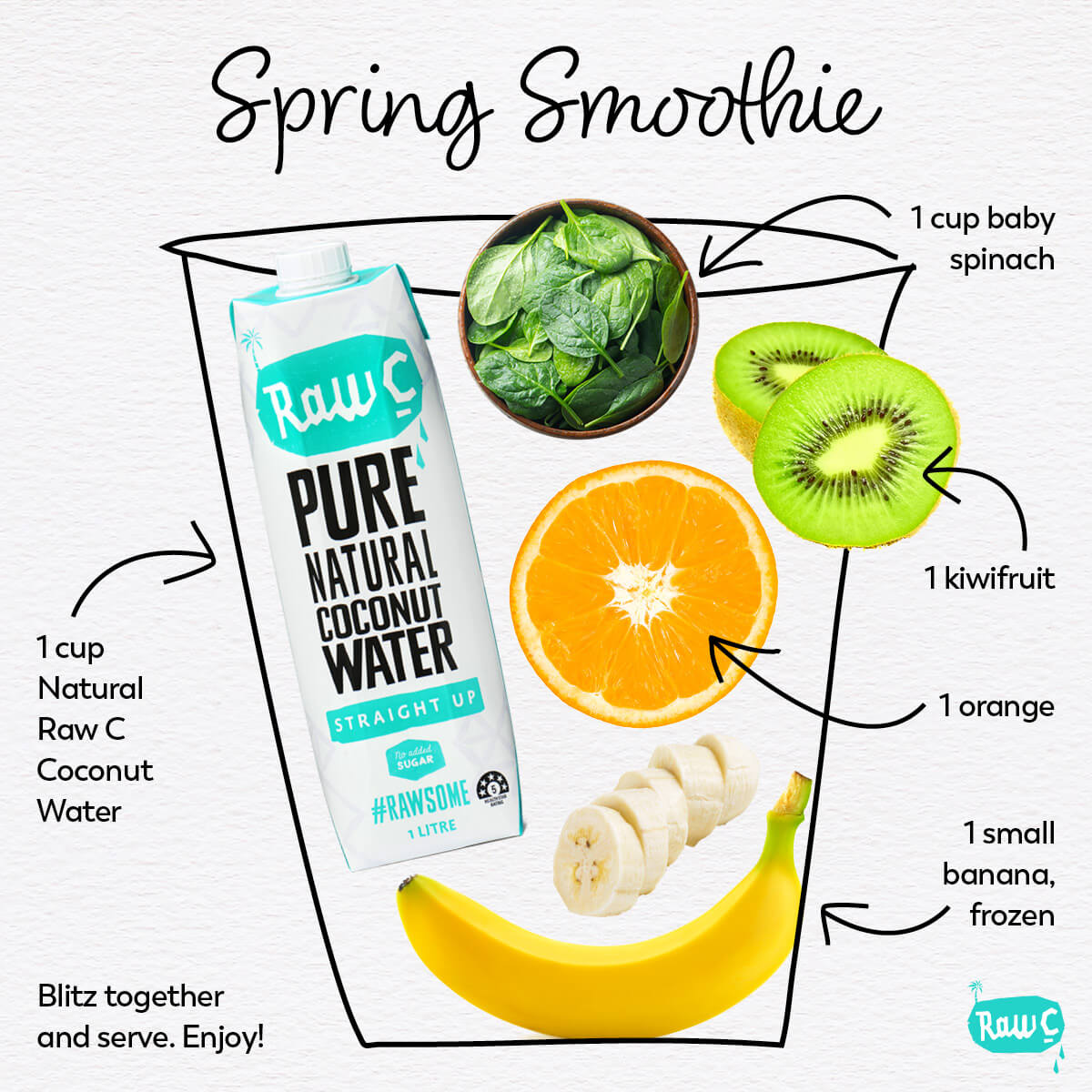We all know it’s important to stay hydrated, so why can keeping your fluid intake up sometimes be challenging? Accredited Practising Dietitian, Nutritionist and Founder of Dietitian Edition dietitianedition.com, Millie Padula, explains all…
Well, theoretically, it could be for a number of reasons. Firstly, our days are so jam packed with meetings, appointments, deadlines, tasks, chores, exercise, cooking – the list goes on! How could we possibly have time to sit down and mindfully enjoy a glass of water. Or perhaps we aren’t always aware of the signs of dehydration, or completely recognise the implications of not meeting our fluid requirements.
Whatever the reason, I’m here to tell you that drinking enough fluids is critical in determining how your body functions on a day-to-day basis. So, take this as your sign to drink up, pronto. Here’s why….
Our bodies are made up of between 50-75% water – so it makes sense that our fluid intake is highly indicative of how optimally our body functions. Liquids are essential for maintaining the health of every single cell in the human body.
Water helps to keep our bowels regular and pushes all of those wonderful plant-based foods through our digestive tract to be fermented by the beneficial bacteria in our gut. It carries nutrients and oxygen around the body and keeps our blood healthy while also regulating our body temperature so we don’t over-heat or freeze to death. Among many other things, water also plays a pivotal role in how efficiently our major organs function, including our brain, heart, lungs and skin! Wow, what a resume!
So how much do we need to drink each day?
Our fluid requirements are based on our weight, age, activity levels and our medical history, so what each of us needs is highly subjective. As a general rule, individuals below 70 years of age require 35-45 ml of water for every kilo of body weight. So if you weigh 80kg, that’s 35 x 80 = 2800ml, or almost three litres per day.
Keep in mind that the water content in food also counts towards your fluid intake. Prioritise water and water-based beverages, such as coconut water and herbal tea, where you can, but don’t forget to include things like milk and juice from whole fruits as well.
How do we know if we’re drinking enough?
It’s important to recognise the signs of dehydration so you can consciously increase your fluid intake. You may not be drinking enough water if you’re thirsty but there’s other signs to look out for as well including a headache and/or difficulty concentrating, feeling fatigued and generally weak. You may even notice your lips and mouth are dry and your urine is dark.
Coconut water is a great option to include in your everyday fluid intake. Packed with additional electrolytes such as magnesium, sodium and potassium, it’s a delicious thirst quencher when you’re exercising and in warmer weather. With no added sugar, it’s a refreshing alternative to sugar-laden sports drinks and is a nutritious fluid to include as part of a healthy balanced diet. Why not add fresh mint or sliced apple, lemon or lime for extra zing!


